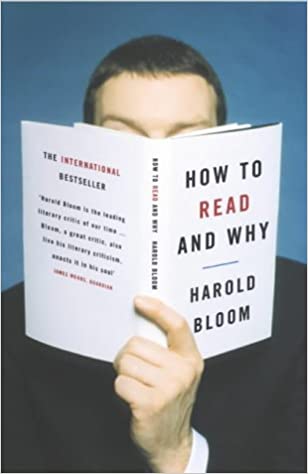
|
Harold BloomHow to Read and Whyp. 114 |
Lust is the hero-villain...
Lust is the hero-villain of this night-piece of the spirit, male lust for the “hell” that concludes the sonnet, hell being the Elizabethean-Jacobean slang for the vagina. The ancient commonplace of sadness-after-coition achieves its apothesis in Sonnet 129, but at more than the expense of spirit. So impacted is this sonnet’s language that it evades its apparent adherence to the Renaissance believe that each sexual act shortens a man’s life.